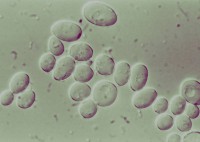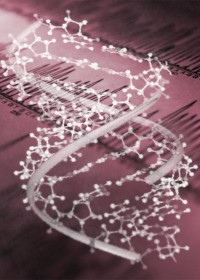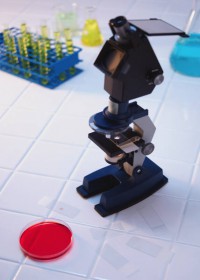
Interesting new cancer research into the way cells process sugar may lead to new alternative cancer treatments for chemotherapy-resistant breast cancer. British researchers at the University of Southampton have discovered some intriguing links between sugar processing within cells and cell division and growth.
Researchers hope to halt the division and growth of breast cancer cells by targeting cancer’s “sweet tooth.” Cancer cells have a surprising appetite for the sugars found in human blood, using the sugars to fuel rapid growth. If researchers are able to harness that appetite for sugar, they may be able to stop breast cancer and tumor cells from multiplying and spreading without damaging surrounding healthy cells. The indiscriminate damage chemotherapy inflicts on healthy cells is a major drawback to its use in battling cancer.
In ground-breaking research funded by the Breast Cancer Campaign, News Medical reported that University of Southampton scientist Dr Jeremy Blaydes has shown “that chemicals called cyclic peptide inhibitors can stop ‘sweet toothed’ cancer cells from growing and multiplying by blocking proteins in the cells called CtBPs (C-terminal binding proteins).”
Targeted cell therapy is one of the most promising new research tracks being used to develop revolutionary alternative cancer treatments that rely on basic cell function and the patient’s own immune system to fight cancer.
Issel’s 60-year track record with immunotherapy-based alternative cancer treatments has produced remarkable long-term remission and recovery from chemotherapy and radiation-resistant breast cancer and many other types of cancer. It is hopes that this new discovery will in time give cancer patients an additional beneficial alternative cancer therapy option to the destructive side effects of traditional cancer treatments like chemotherapy and radiation.





